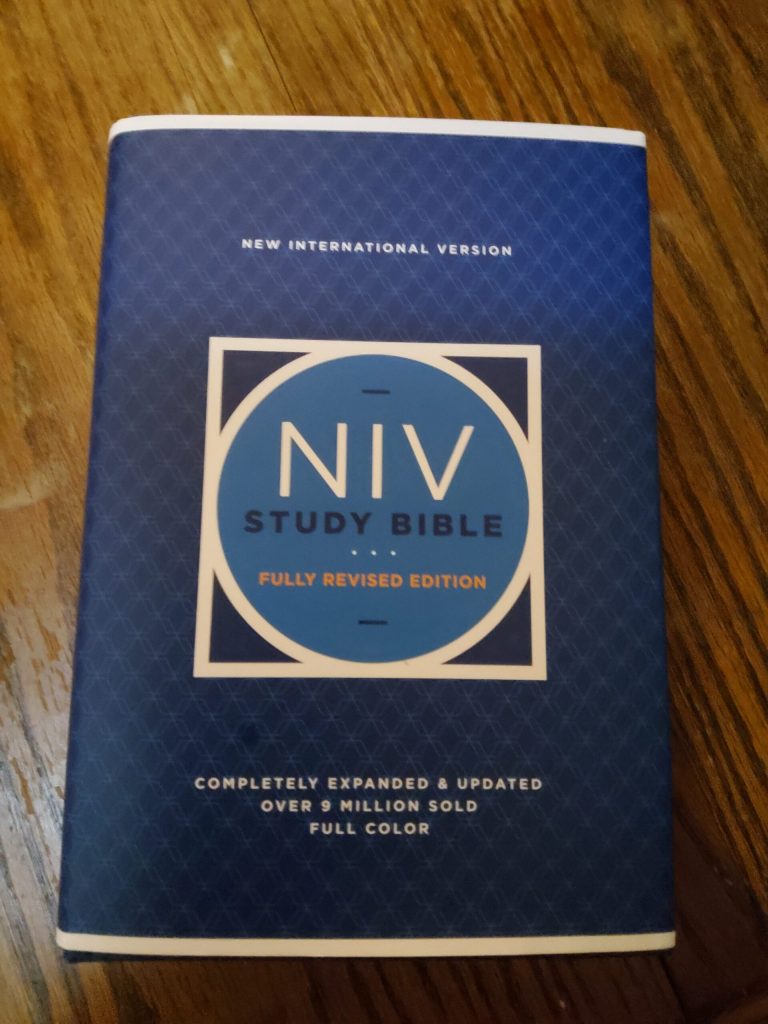The Foreignness of the Bible
Richard Rhodes doesn’t think it’s all that foreign. Read about it at Better Bibles. I give this one 5 stars out of 5.
Richard Rhodes doesn’t think it’s all that foreign. Read about it at Better Bibles. I give this one 5 stars out of 5.
In posting recently on translation I’ve noticed that many people connect one’s idea of inspiration with one’s approach to translation. The assumption seems to be that a person who believes in some form of verbal inspiration, especially verbal plenary inspiration, will necessarily favor a formal, word-by-word, or literal translaltion. Of these terms I prefer formal,…
So why do I want to talk about an insignificant variant? The answer is simple. In many cases the reliability of Biblical texts is stated simply in terms of the number of variants that exist in the manuscripts. This number is quite high, but most of these variants are not significant. They may involve identical…
Adrian Warnock has responded to his perceptions of the approach taken by the folks over at Better Bibles. Since this is a topic that interests me, I thought I’d call attention to it. I don’t have anything to add at the moment, as I think Peter Kirk, both in comments on Adrian’s blog, and in…
J. K. Gayle has a couple of posts on translating the Psalms that are really quite helpful. The first one I read, which is actually the second, is The Difficulty of Psalm 90, in which he discusses some thinking and feeling that may be generated by hearing the Psalm and the first one, which I…

(I’m writing as a #BibleGatewayPartner and a member of the #BGBloggerGrid. See note at the end of this post.) When a book that I generally like undergoes a revision, I approach it with a bit of trepidation. Is it going to match the older edition? Will it be better? Or maybe it will lose all…
Brian Russell of Real Meal Ministries has posted a summary on Bible translation that is quite good. It’s hard to keep things straight in a short, readable essay. (HT: Methodist Blogs Weekly Roundup by Allan Bevere.) I would note that he uses the popular rather than any of the technical definitions of “paraphrase,” but I…